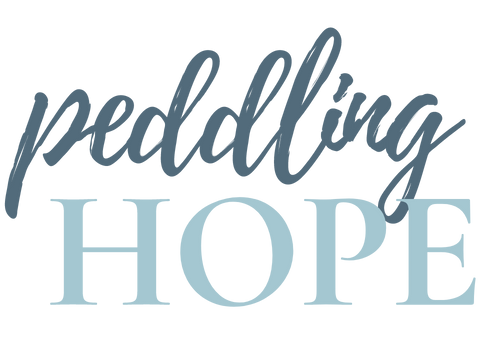Self-Care: It’s not what you think
With the rise of the self-help movement, much attention has been paid to self-care as an important aspect of good health. This is especially true for women. We are still raised to be the primary caregivers in many areas – children, aging parents, and co-workers.
Of course, everyone has responsibility for the basics in these areas, but have you ever found out about a dozen cupcakes you needed to bake the night before a big fundraiser while juggling bedtime routines, lunches, making sure homework was done and bags packed? It’s these mounting little details that create overwhelm.
That may prompt you to reach for a self-care article.
What the media says about self-care
You know the drill: eat well, get plenty of sleep, drink lots of water, exercise. Repeat. But what about the days your child is home sick from school? What if your parent is terminally ill? Or if you need to work late on a project that’s overdue? Pretty soon you’re ditching lunch, staying up late and white-knuckling your way through the workday.
Part of the problem with the advice out there is that it is easy to do in isolation from everything else in life.
If you’ve ever been to a day-long workshop or event, you may have heard the facilitator ask participants to leave their problems at the door. Write down all your worries and put them in a box so you can be fully present. Easy for a day (maybe), but not realistic when expected to put self-care on an ever-growing list of things you’re already responsible for.
Self-care for the 21st century
If we are to re-think what self-care looks like in our lives, we must consider some of the trauma responses we may have picked up along the way. Perfection is a common response. On-program and off-program is another. Like the workshop, we are looking for a time when everything in our life feels settled so we can add one more thing to our list and do it well.
However, self-care needs to be repositioned. It is not a checkbox on the list. It has to be more foundational than that. My guess is that you are already doing a lot of things that you are not acknowledging as self-care.
It is the little things—done over time, and with the intention towards healing—that help you take care of yourself and your life. These can be easy things like closing your eyes and breathing as you wait for an appointment rather than scrolling on your phone. Humming along to music on the radio while you’re driving. Adding a splash of cold water to the end of your shower to wake up your cells.
Breathing. Humming. Cold. All things that help to balance the nervous system.
Summer fun IS self-care
Do you have time off this summer? Even a long weekend can be enough to recharge. Self-care can be a practice that underpins the rest of your life, or it can be moments you grab in your daily life.
Exercise can look like jumping in the waves with friends. Veggie-tray picnics in the park can add to your healthy eating. Sunshine is pure Vitamin D, so basking is good for you!
One of my clients refers to ‘the list’ often in our sessions. It has been a source of stress over the years because it is endless. Lists are great for staying organized. Except, there really is no end to them. We are constantly in motion. New things come up to replace the old things on the list we have accomplished.
Pacing helps us accomplish a couple of things so we can add a few more. When it comes to our own well-being, look for the low-hanging fruit when you’re feeling overwhelmed.
My rule with the kids was that they could be in two things. One did swimming (all year) and baseball (summer). The other did basketball (up to 10 years old) and then music (still doing it). Practices were places they could be independent, and I’d get a couple of hours to myself.
Compromise is a form of self-care.
How to move forward when you’re feeling stuck
Messaging in childhood can leave a residue in adulthood that is unhealthy. Playing could be considered ‘wasting your time.’ Sleeping in can make you feel ‘lazy.’ It can be hard to pinpoint where these feelings came from and understand that they’re not true.
Check-in with yourself for a minute. Scan your day, then your week. Are there places where you are grabbing moments to yourself? If not, can you find a few?
If you have a difficult time focusing on your own needs, that may require a bit more work with a therapist.

